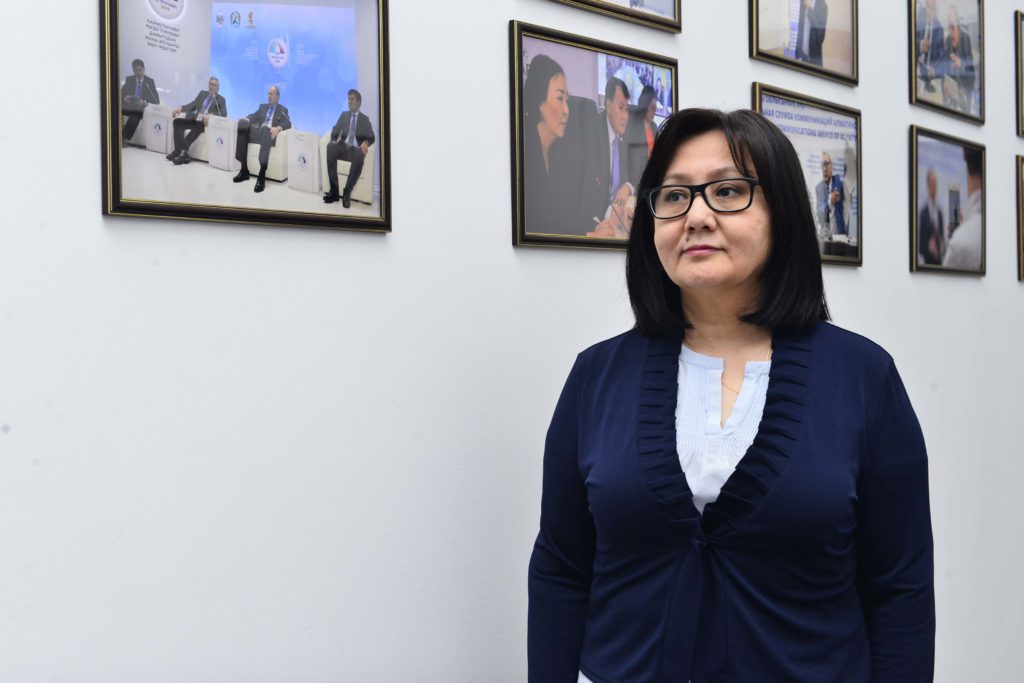NUR-SULTAN – Fifteen countries have joined the Kazakh Green Bridge green economy transition initiative, International Centre for Green Technologies and Investment Projects Management Board Deputy Chairperson Gaukhar Beiseyeva told bnews.kz Sept. 30.
“We already have 15 countries joining the Green Bridge partnership programme. I can even list all of them for you now – – Albania, Belarus, Bulgaria, Finland, Georgia, Germany, Hungary, Kazakhstan, Kyrgyzstan, Latvia, Mongolia, Montenegro, Russia, Sweden and Spain,” she said. A total of 16 non-governmental organisations also participate as members. The countries joined both to learn from the Kazakh experience and, more importantly, to share that knowledge and experience with other countries. While technologies are generally protected, when it comes to green technologies, the commitment to reducing carbon emissions obliges states to share their technologies, he noted.
“Ultimately, these states have committed to reduce emissions, to reduce the negative impact on the environment; therefore, in accordance with these obligations, it is already important to talk about what is expensive, what is not expensive – this time has already passed. Now, we need to talk about what needs to be invested and to invest enough to maintain the ecological balance in our own country, thereby contributing to maintaining the ecological balance of the planet and fulfilling our obligations undertaken under international conventions and agreements, too,” he added.
One of the greatest challenges in transitioning to a green economy is in people’s economic and environmental consciousness.
“Yes, this is, first, culture, and second, consciousness, such as the economic consciousness of the population. A person always thinks from his own pocket; that is, a person must learn to count money, to calculate his capabilities. We now have, in general, a slightly different approach for people to [consider] their own pocket – it is very important to have a big SUV with big cubes, and this, as they say, is evidence of status, indicates a standard of living to some kind of degree. This consciousness should gradually change; people should very consciously approach their own expenses, their own capabilities,” said Beiseyeva.
She also highlighted energy efficiency and conservation as two pillars for creating the sustainable model of economic development and named the main organisations working on these two aspects.
“We talk about two pillars – energy efficiency and energy conservation – that constitute the basis for creating a sustainable model of economic development. Without these two main pillars, sustainability cannot be achieved… Work in this direction is carried out by the state. I think that we have a company, an organisation called KazEnergy; they are developing this policy and they are developing all these areas. We see our task in attracting technology in this area, searching for investments; we are trying to fulfil our task and we also attract international experience, experts to fulfil these tasks,” she added.

